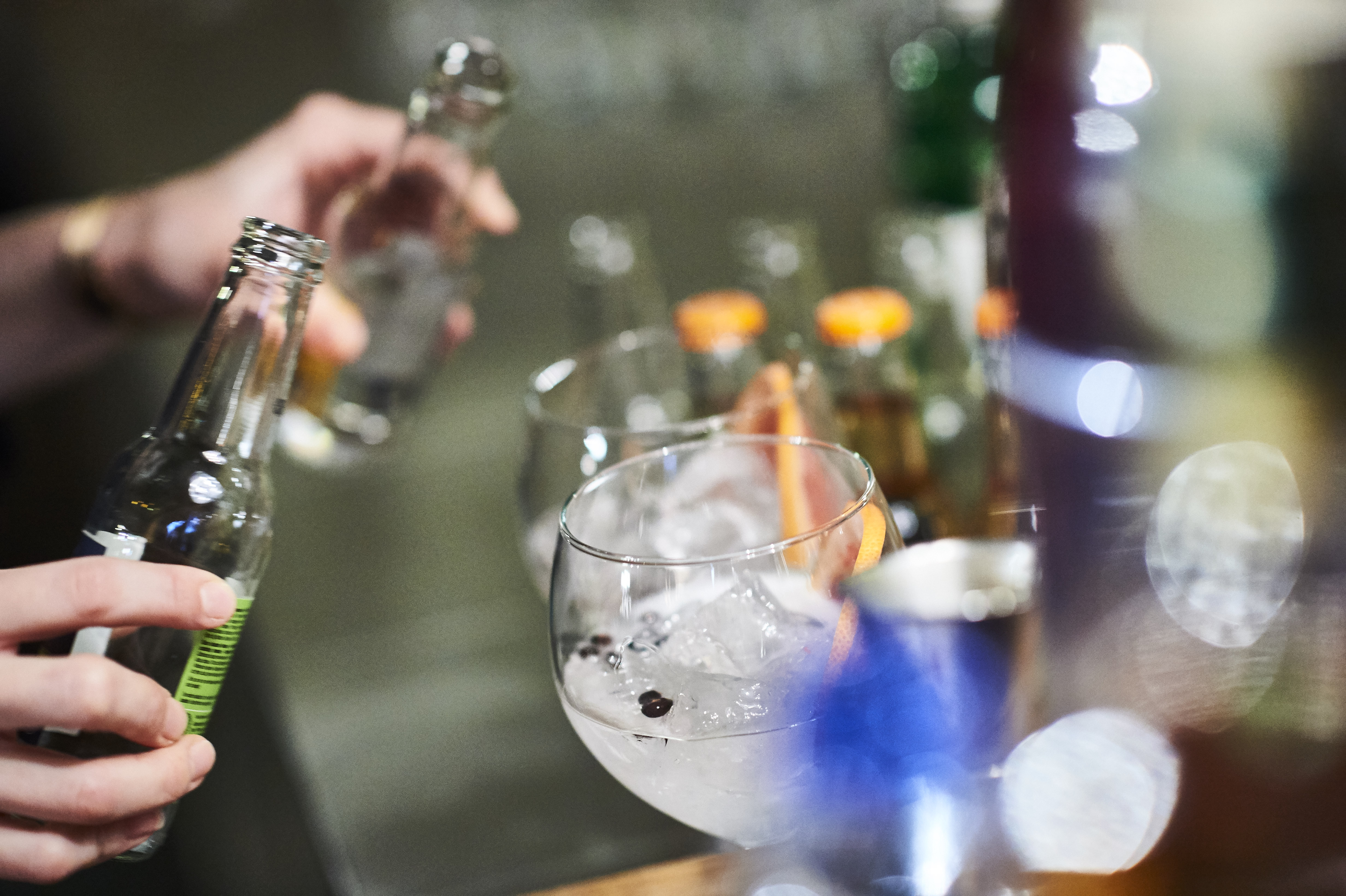
The tax share on spirits in Europe is already very high: of a EUR 20 bottle, the average European consumer hands over EUR 11.60 straight to the government (in VAT & excise) – a staggering 55.3%! In the case of Czech consumers, it’s 45Kč of every 100 Kč spent on spirits – and soon a lot more! As the government announced on 13 May, it’s planning ot increase excicse tax on spirits by 13% as of 1 January 2020. At the same time, beer and wine will remain unaffected by that move, giving them effectively an even more prefential rate. This is all the more surprising taking into account that Czechs drink 21 times more beer and nearly three times more wine than spirits.
The move underlines once more that it’s high time that the EU and Member States create more of a level-playing field and allow for a fairer competition between beer, wine and spirits rather than aggravating the preferential treatment of certain sectors further.
If the real motivation behind such hikes was the reduction of alcohol-related harm, all categories of alcoholic beverages would have to be treated equally. In whatever form they are produced or consumed, all of them contain the same compound: ethanol. And all alcoholic beverages can contribute to good health if consumed in moderation, while all can give rise to problems if consumed to excess. So consumers must be encouraged to drink responsibly across all categories. In addition, there is a wealth of evidence that heavy harmful drinkers are less responsive to price changes, while more price-sensitive moderate consumers are at risk of moving to unrecorded products. Let’s be clear: tax is a fiscal instrument, not a societal one. Quite simply, there are no examples across Europe showing a causal link between high taxation and a reduction in alcohol-related harm.
If the motivation behind the hike is to boost tax revenue, the experiences of other countries where excise rates on spirits were increased significantly are sobering: in 2015, Belgium increased excise on spirits by 41%, which led to a 22% drop in sales. At the same time, consumption remained high as one in three consumers started to buy their favourite spirits abroad. The net result has been a net loss of €38 million (by end of October 2018).
Apart from being irrelevant for harm reduction and failing to deliver revenue growth, sudden tax hikes can have another unintended negative consequence: that of driving consumers to unregulated channels which could endanger their health. In the case of the Czech Republic, harm from unrecorded alcohol is not a myth but was a sad reality in 2012 when more than 40 people died from methanol poisoning. In sum, plenty of reasons for the Czech Government to consider and stop the planned increase!